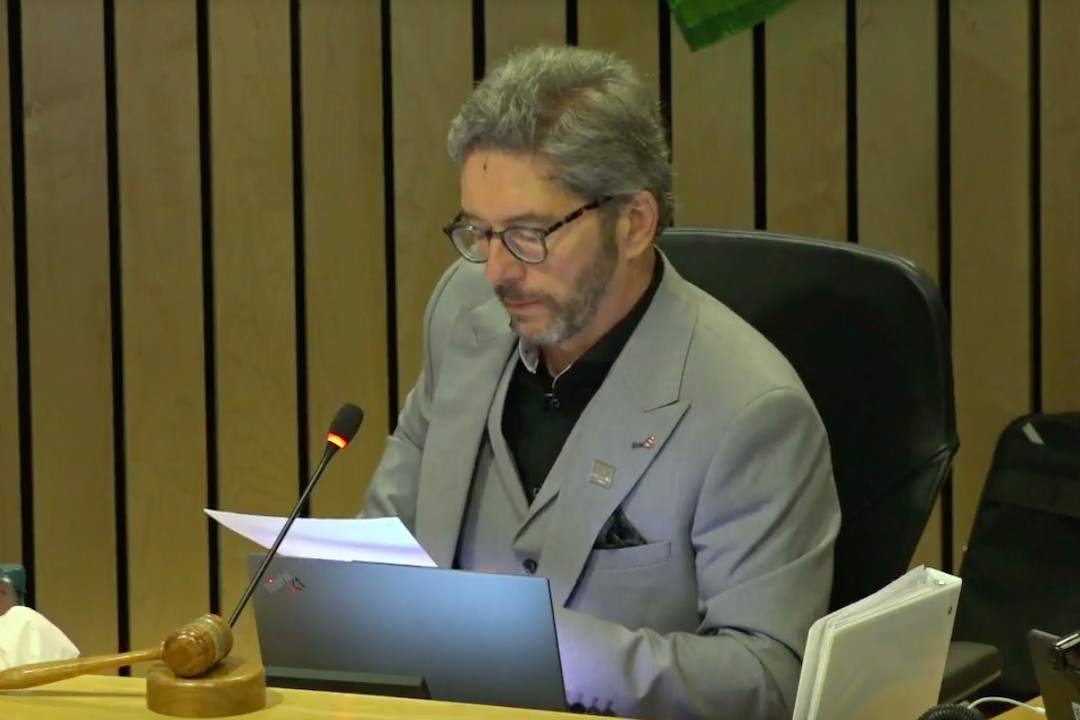
Strathcona County votes to cut itself from Edmonton Global
Strathcona County has signalled its intent to leave Edmonton Global by cutting its contribution to the organization from its latest budget.
The county's council passed the decision unanimously during budget deliberations held on Nov. 30. Strathcona County Mayor Rod Frank told Taproot that the municipality simply can't justify a yearly contribution close to $500,000 to remain part of the organization.
"It's really not a comment on Edmonton Global," Frank said. "It's a comment on a tight budget. Clearly capital costs have increased. So, we ended up going to every line of that budget, almost, justifying each cost."
The idea of whether regional cooperation works for all comes up often, like in the recent saga of the Villeneuve Airport Area. Though Strathcona County's decision could be perceived as a second hit on its regional collaboration — the first being its rejection of the Edmonton Metropolitan Region Transit Commission — Frank said the county remains committed to working with others. He cited membership with the Edmonton Metropolitan Region Board, Edmonton International Airport, the Edmonton Region Hydrogen HUB, and Alberta's Industrial Heartland Association as examples.
"We'll continue to work with Edmonton Global, so this is not isolationism," he said. "It's just actually getting a better bang for the taxpayer dollar. But at the same time, we're part of the region — it's a fact — and we're going to continue to be."
The off-boarding process for municipalities to exit Edmonton Global takes two years, meaning Strathcona County will retain all member benefits until its departure takes effect in December 2025.
"Their financial commitments will also remain in place until they are fully withdrawn in December 2025," Enzo Barichello, chair of the Edmonton Global board, told Taproot in an email. "If Strathcona County does not reverse this decision before then, the financial impact would impact Edmonton Global in its 2026 fiscal year."
Barichello said he wished the county would see its dues as an investment rather than an expense. He added that Strathcona County is a "critically important" part of the region, and that regional business development is a long game.
"There isn't a direct capital investment yet in Strathcona County," Barichello said. "Deals take time to close. All municipalities are benefiting from indirect and induced benefits. Just one example is the construction, logistics, and jobs to build the $1.6 billion Air Products facility. Air Products is coordinating the building of the world's first and largest net-zero hydrogen facility from their office in Sherwood Park. Residents and businesses of Strathcona County are certainly engaged in that massive project. We're also working closely with companies in Strathcona County on expanding into international markets through trade and export."




